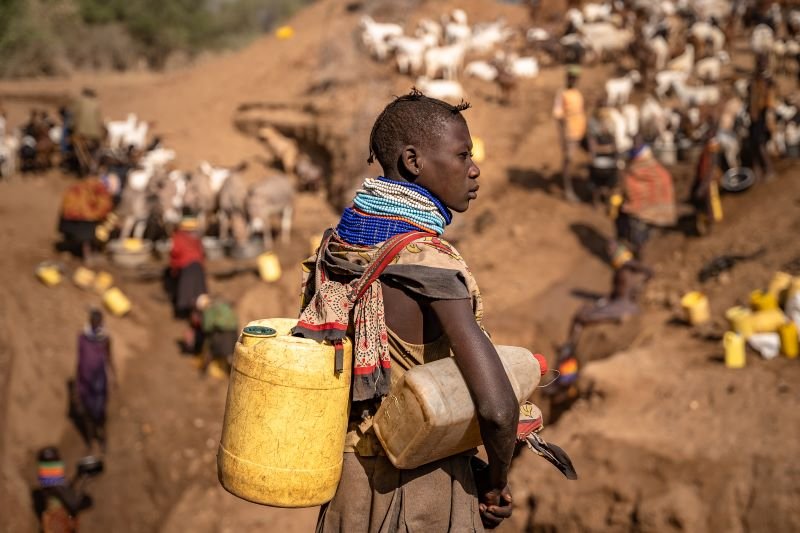UNFCCC announced this week that this year’s Regional Climate Weeks will not be taking place due to a severe lack of funding, which was a disappointing development.
The United Nations Climate Change body (UNFCCC) announced this week that this year’s Regional Climate Weeks will not be taking place due to a severe lack of funding, which was a disappointing development.
This decision comes in the wake of an urgent plea made by UNFCCC chief Simon Stiell during the Copenhagen Climate Ministerial, where he highlighted the critical financial challenges confronting the organization. Stiell underscored the perilous situation faced by the UNFCCC, attributing it to governments’ failure to allocate adequate funds, which now jeopardizes the organization’s expanding workload.
The suspension of the Regional Climate Weeks represents a significant setback, depriving stakeholders of a crucial platform to articulate the concerns of communities disproportionately affected by climate change. These weeks serve as a vital opportunity to amplify the voices of regions grappling with the impacts of climate change, particularly those in developing countries who bear the brunt of a crisis they have contributed to least.
Last year, four Regional Climate Weeks convened, including Africa Climate Week in Nairobi, Kenya; Middle East and North Africa Climate Week in Riyadh, Saudi Arabia; Latin America and the Caribbean Climate Week in Panama City, Panama; and Asia-Pacific Climate Week in Johor Bahru, Malaysia.
These gatherings attracted 26,000 participants engaging in 900 sessions, fostering dialogue among policymakers, scientists, and experts from diverse regions. Their inputs played a pivotal role in shaping the agenda for COP28.
During the Africa Climate Summit alone, African heads of state made over 20 commitments, representing a combined investment nearing $26 billion from various sectors, including public, private, and multilateral development entities. Such commitments underscore the importance of regional collaboration and financial support in addressing the multifaceted challenges posed by climate change.
The cancellation of the Regional Climate Weeks comes at a time when the adverse effects of climate change are acutely felt worldwide, with extreme weather events threatening access to clean water, sanitation, and hygiene. Communities across the globe, particularly in vulnerable regions, are grappling with shrinking water resources, compounded by droughts, floods, and contamination.
In response, communities are implementing adaptive measures, from monitoring water reserves to cultivating drought-resistant crops and fortifying infrastructure against floods. However, the efficacy of these efforts hinges on collaborative action and inclusive decision-making that prioritizes the perspectives of those most affected by climate change, including women, marginalized groups, and Indigenous communities.
Each Regional Climate Week serves as a critical platform for these communities to share their experiences, expertise, and innovative solutions. Their inclusion is paramount in devising climate-resilient strategies that safeguard the well-being of all individuals and ensure equitable access to essential resources.
As the global community grapples with the urgent need to address climate change, the UNFCCC‘s financial strain underscores the imperative for governments to translate their commitments into tangible actions.
Prioritizing the voices and needs of the most vulnerable is not only morally imperative but also essential for fostering resilience and sustainability in the face of an escalating climate crisis. Failure to do so risks perpetuating the cycle of climate-induced devastation, washing away the futures of countless individuals worldwide.
